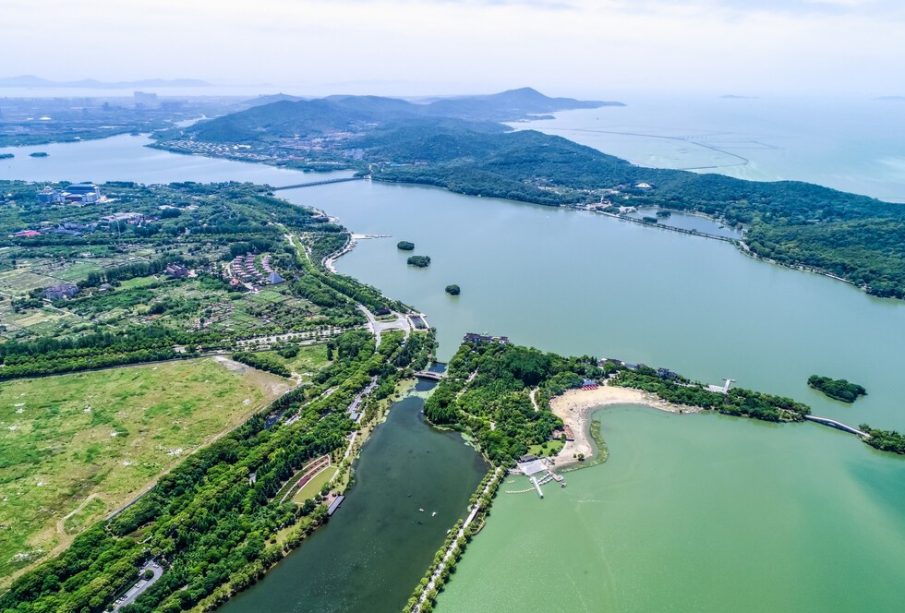Restoring Ecological Balance: The Role of Shoreline Restoration in Lake Management

Lake management companies
Introduction
Shoreline degradation is a common issue affecting the ecological balance of lakes, compromising water quality and habitat integrity. Shoreline restoration, a key aspect of comprehensive lake management, aims to reverse these negative impacts by restoring natural shoreline features and promoting ecological resilience. In this article, we explore the importance of shoreline restoration in lake management and the valuable contributions of specialized lake management companies in this endeavor.
Understanding Shoreline Degradation
Shoreline degradation results from various factors, including erosion, habitat loss, and invasive species encroachment. Human activities such as development and improper land use exacerbate these challenges, further compromising the health of lake ecosystems. Degraded shorelines not only diminish the aesthetic appeal of lakes but also disrupt vital ecological processes, such as nutrient cycling and habitat provision.
Principles of Shoreline Restoration
Shoreline restoration employs a multifaceted approach to enhance the ecological function and resilience of lake shorelines. This may involve the reintroduction of native vegetation, the creation of natural buffer zones, and the implementation of erosion control measures. By mimicking natural processes and habitats, shoreline restoration aims to recreate functioning ecosystems that support diverse flora and fauna.
Benefits of Shoreline Restoration
Shoreline restoration offers numerous benefits to both lakes and surrounding communities. Restored shorelines stabilize soil, reduce erosion, and improve water quality by filtering pollutants and sediment. Additionally, restored habitats provide valuable breeding grounds for fish and wildlife, enhancing biodiversity and supporting recreational activities such as birdwatching and fishing.
Collaboration and Community Engagement
Successful shoreline restoration requires collaboration between lake management companies, property owners, and regulatory agencies. Lake management companies facilitate community engagement initiatives to raise awareness about the importance of shoreline restoration and garner support for restoration projects. By involving stakeholders in planning and implementation, these companies ensure that restoration efforts align with community values and priorities.
Conclusion
Shoreline restoration plays a crucial role in restoring ecological balance and enhancing the resilience of lake ecosystems. Specialized lake management companies bring expertise and innovation to shoreline restoration projects, implementing sustainable solutions that benefit both the environment and local communities. By prioritizing the preservation of natural habitats and fostering collaboration among stakeholders, these companies contribute to the long-term health and vitality of our cherished lakeshores.
















